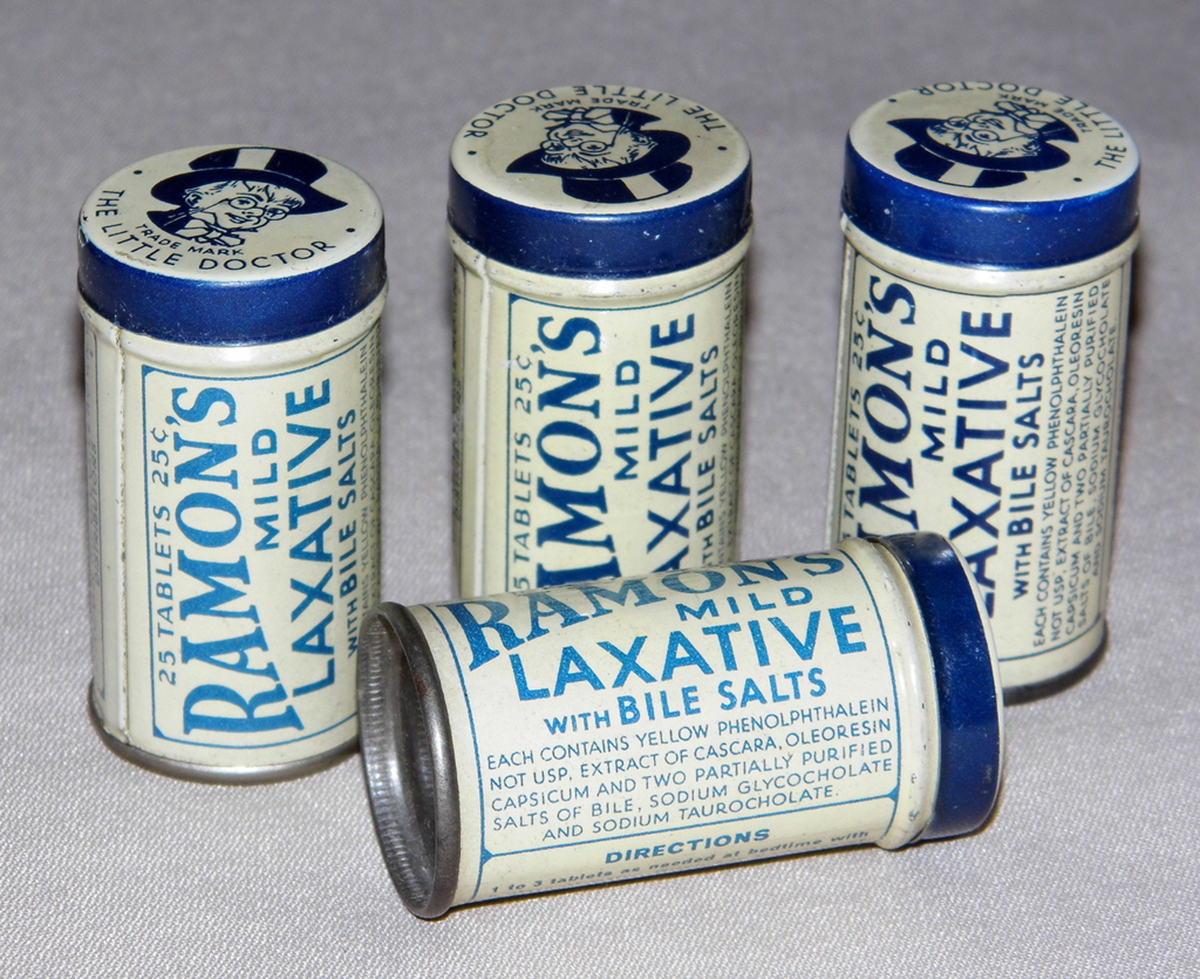Table of Contents
For treating chronic idiopathic constipation, the uncomplicated presentation of the disease, just about the best treatment is also the simplest and least expensive, fiber. Not every kind of fiber is equally effective, however.

Chronic constipation that is not caused by IBS responds best to soluble fiber, not insoluble fiber. The fiber in psyllium seed (for example, Metamucil), oat bran, and most fruits and vegetables is soluble. the fiber in whole wheat and wheat bran is not. Insoluble fiber can cause heartburn and indigestion.
Stool softeners with the ingredient polyethylene glycol can also be helpful. They are fermented by bacteria in the colon, causing the bacteria to absorb water and make the stool easier to pass. Common products containing this ingredient include CoLyte, Fortrans, GoLytely, GlycoLax, Miralax, Movicol, NuLytely, and SUPREP.
Stimulant laxatives made from herbs such as Senna (Senekot), rhubarb, and frangula make defecation more urgent without making it easier. These kinds of laxatives also have to be activated by bacteria in the colon. These compounds work by paralyzing the muscles that hold stool in and activating the muscles that push stool out. Taken in excess, they can cause muscle cramps.
Both stool softeners and stimulant laxatives are more effective when there is an adequate level of probiotic bacteria in the bowel. Taking probiotic supplements without stool softeners or stimulant laxatives probably will not do very much to relieve constipation, but taking probiotics with stool softeners or stimulant laxatives can be helpful.
When constipation is caused by irritable bowel syndrome, a different approach is required. Diet can make a difference, but it usually is not enough.
Many people who have irritable bowel syndrome are advised to eliminate wheat from their diets, because it contains a group of proteins called gluten. The problem with gluten in IBS is not the same as in celiac disease or gluten enteropathy. The reason IBS patients sometimes (although not always) do better when they eliminate gluten from their diets is that gluten is a fructan, a substance that can be fermented by friendly bacteria when it reaches the bowel. The problem is fermentation, not the immune system's attack on the lining of the intestine when it comes in contact with gluten. Cutting out wheat and other sources of gluten may help, but it is not necessary to be extremely careful to eliminate wheat except in the relatively rare cases of true celiac disease or gluten enteropathy.
People who have irritable bowel syndrome may also be advised to follow a low-FODMAP (fermentable oligo-di-saccharides-mono-saccharides and polyols) diet. The FODMAPs include:
- Fructans, found not only in wheat but also in other whole grains.
- Fructose, the sugar found in fruit, honey, and foods and beverages sweetened with corn syrup.
- Galactans, complex sugars found in beans, lentils, and soy.
- Lactose, the sugar found in milk and dairy products.
- Polyols, which are found natural and artificial sweeteners containing isomalt, sorbitol, mannitol, and xylitol, and in stone fruits, such as peaches, apricots, and cherries.
The problem with FODMAPs is that they are osmotic, that is, they draw water into the stool. In irritable bowel syndrome, FODMAPs can contribute the diarrhea that alternates with constipation. Following a low-FODMAP diet is quite complicated--and usually does not do a lot to improve symptoms.
Peppermint oil is useful for relieving pain and cramping caused by irritable bowel syndrome. Peppermint tea and peppermint candies (preferably not sweetened with corn syrup or xylitol) can also help stop flatulence that would be a problem in social situations.
See Also: Improper Use of Laxatives Can Add Water Weight to Belly Fat
Your doctor can prescribe drugs that help with constipation and related symptoms in both chronic idiopathic constipation and irritable bowel syndrome, but only if the correct diagnosis is made first. Be sure to let your doctor know your full range of bowel symptoms, not just that you don't go as often as you think you should.
- Ford AC, Moayyedi P, Lacy BE, et al
- for the Task Force on Management of Functional Bowel Disorders. American College of Gastroenterology monograph on the management of irritable bowel syndrome and chronic idiopathic constipation. Am J Gastroenterol. 2014. 109:S2-S26.
- Young E, Stoneham MD, Petruckevitch A, Barton J, Rona R. A population study of food intolerance. Lancet. 1994. 343:1127-1130.
- Photo courtesy of delta_avi_delta via Flickr: www.flickr.com/photos/dabhaid/378520989
- Photo courtesy of France1978 via Flickr: www.flickr.com/photos/51764518@N02/9059934653

